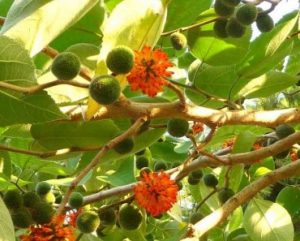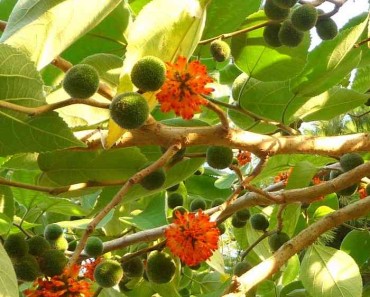Health Alert: Residents of Islamabad Beware of Seasonal Allergy
Health Alert: Residents of Islamabad Beware of Seasonal Allergy: According to officials at the Pakistan Meteorological Department (PMD) Pollen Monitoring Centre, the pollen season which started with the onset of March will reach its peak during the second fortnight of the month and will continue till the middle of April, during which period those residents of Islamabad who suffer from the pollen allergy will be hard hit.
Islamabad has a high concentration of pollens mostly produced by paper mulberry, acacia, eucalyptus, pines, grasses, cannabis, dandelion and alternaria. PMD monitors it in the capital city throughout the year by special devices installed in H-8, E-8, F-10 and G-6 sectors. This is done by the shooting trend of pollens on the basis of the prevailing meteorological conditions and by using statistical techniques.
Around 97% comes from paper mulberry with their concentration reaching the extreme limits of around 40,000 particles per cubic meter of air during the March-April spring season. This adds to the misery of the patients of asthma and respiratory diseases, who sneeze, cough and suffer from watery eyes and running nose.

Hospitals such as PIMS and Polyclinic have allocated special beds, stocked medicines, and announced free diagnosis and treatment in order to give timely treatment to the pollen allergy patients. The National Institute of Health (NIH) Allergy Center is also providing allergy testing and immune therapy besides holding free allergy camps. They have planned to begin a special awareness campaign informing the people about the ways and means of preventing or easing allergy-related problems.
PIMS has set up a special pollen allergy center in the new emergency block with a pulmonologist for examining visitors round the clock, whereas Polyclinic has deputed additional staff members in the emergency department and installed nebulizers in different wards to cater to the patients.
Specialists have advised pollen allergy patients to avoid gardens, forests, jogging tracks, green areas, flowers and indoor plants. Best precaution is to stay indoors from 5pm to 8am as this is the time when air has highest pollen concentration. Allergy patients should use masks when going out in order to avoid any complications.

